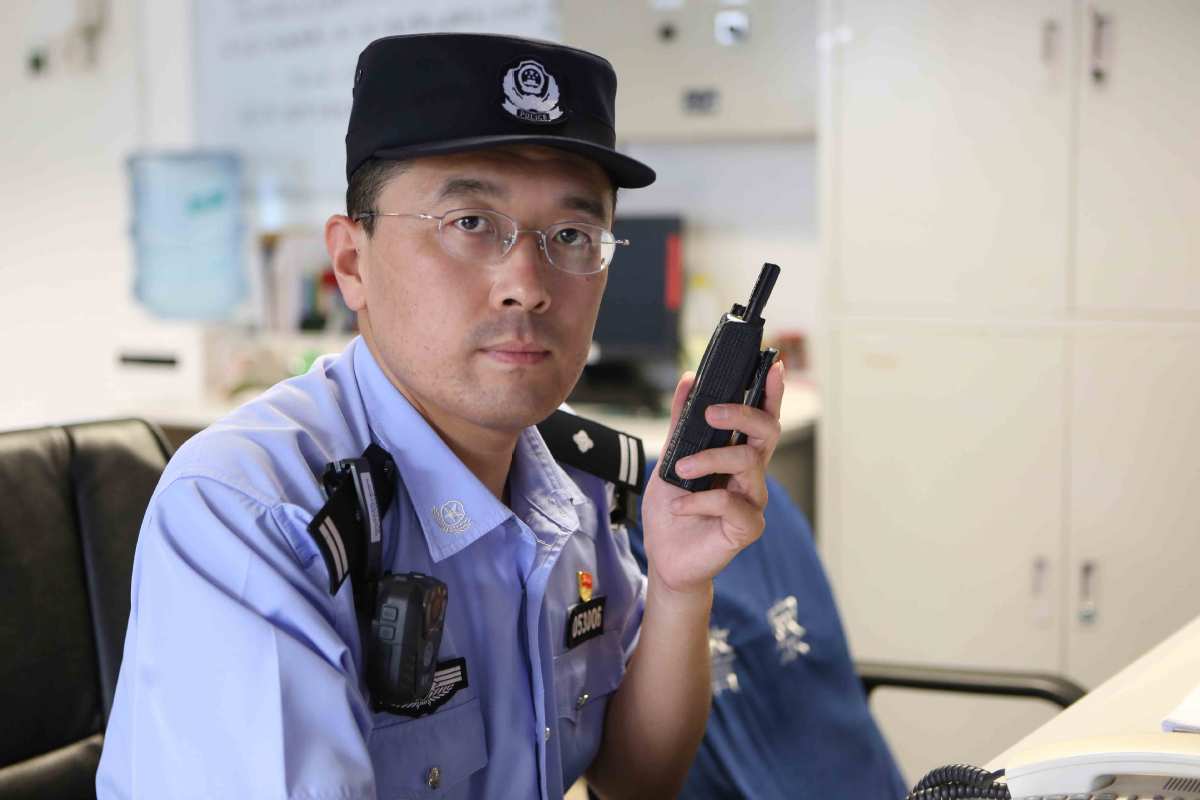Police and families give all to control disease


Quick departure
Also on Feb 7, police officer Yang Lidong said goodbye to his 25-year-old daughter, who traveled from Beijing to Wuhan to provide medical assistance.
After he saw her off, the 56-year-old threw himself into safety control and epidemic prevention measures.
"At the time, I thought work was the best way to ease my worries about my daughter," he said.
About 5 pm on Feb 6, just as he was preparing to leave work, Yang received a call from his wife. He was shocked to hear that their daughter would be leaving for Wuhan the next morning.
During Spring Festival, from Jan 24 to 31, the family kept an eye on the pandemic. Eventually, Yang suggested his wife should go to Wuhan as she is an experienced neurological nurse who participated in the battle against severe acute respiratory syndrome in 2003.
"I never thought our daughter would volunteer to go to Wuhan, because she had only three years' work experience and had not attended any medical emergencies before. Also, she had never been away from us before," Yang said.
"But there was little time for me to think about when and why she had decided to go because she was setting out several hours later."
Instead, he quickly bought some disinfectant wipes, adult diapers and haw flakes (candies) in a market on his way home, hoping to help prepare things for his daughter, who would spend the evening being trained to fight the virus.
His daughter got home late, but still chatted with her mother about prevention and control measures.
Yang watched the two women discuss matters, but did not say anything.
"Speaking too much would have made us all very anxious. In addition, my wife and daughter are medical professionals, so I couldn't get a word in," he said with a laugh.
Bai, too, was almost silent as he helped his wife pack on Feb 6, even though he was worried about her safety.
"Not talking didn't mean I didn't care about her," he said. "What I wanted was for her to go to the front line without worrying about the family."
A few days before Yu's trip, Beijing raised its public health emergency response to the highest level.
"That meant police officers had to do extra virus control work, while also dealing with regular cases and keeping the city safe," Bai said.
In fact, he was thankful for the workload. "It gave me no time to be concerned about my wife and helped me temporarily forget about the danger on the front line."
Bai was not the only officer to feel that way.
Cao Jie, an officer from the public transport security division of the Beijing Public Security Bureau, devoted himself to patrolling transportation hubs after his wife left for Wuhan in late January.
"She went to the front line in a hurry. We had almost no time to say goodbye to each other," he said.
"But we both knew we should seize every minute and every second to tackle the pandemic, no matter in Wuhan or Beijing, as the better we could control the disease, the sooner we would be reunited as a family."


















